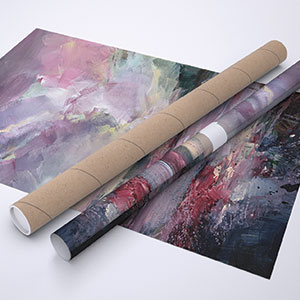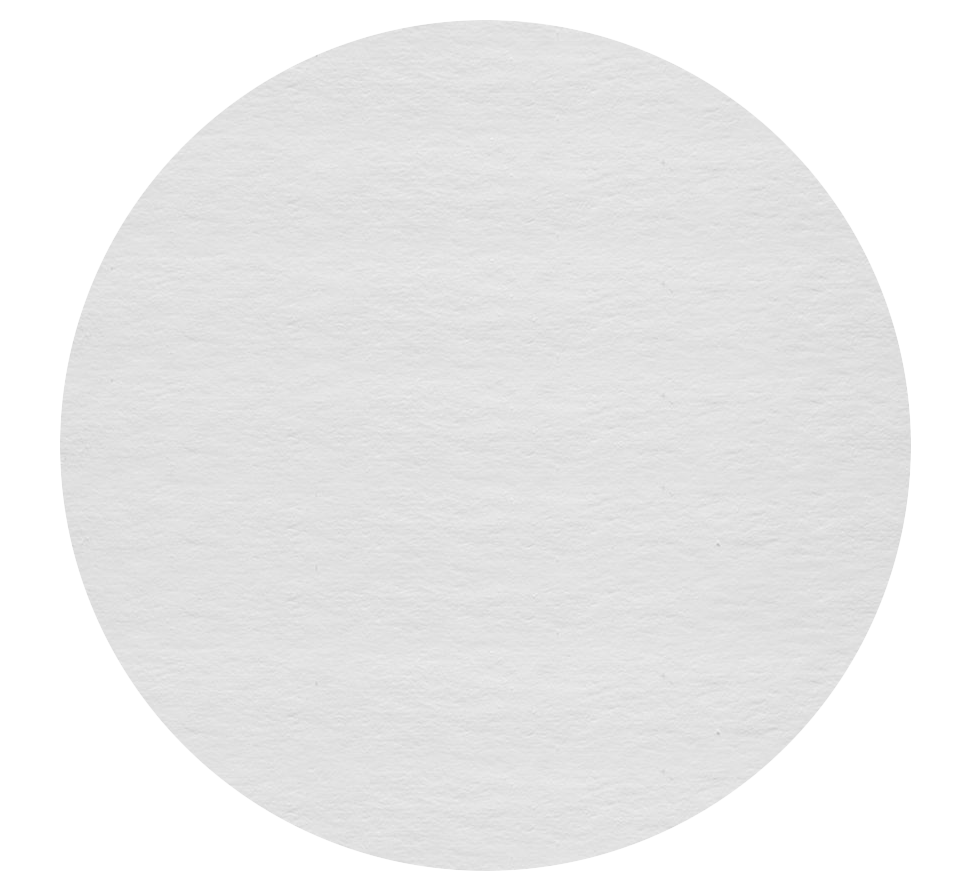Seller Nicolas Péché
"Fine-Arts" prints on paper
It is a process of printing on art paper using very high-quality pigment inks and printed in very high definition. Its level of conservation is exceptional (more than 100 years), its quality, depth, and richness of nuances exceeds the classic photo print on Argentic paper.

Glossy finish
Apart from its exceptional thickness, the fiber paper is composed of an alpha-cellulose base without acid and it is covered with barium sulphate, and a microporous layer absorption enhancing pigments during printing. A pure white color, non-yellowing to light, this paper is especially designed for resistance and aging. It is used by major museums worldwide as it offers excellent resolution, rendering deep and dense colors.
Art Print "Fine Art" - Glossy finish on a fiber base paper 325 g.

Our high end prints and reproductions
ArtMajeur only uses natural papers with neutral pH, resistant, and of high quality, selected from renowned papermakers!
Constant attention is paid by our master printer, whether in terms of color control or respect for the graphic chain. Our high level of quality requirement is a major asset of ArtMajeur framed art prints.
For Artists! You help artists to live from their work. They receive royalties everytime you buy their prints.
About our fine prints-
Original Artwork (One Of A Kind)
Painting,
Oil
/
Collages
/
Fabric
on Linen Canvas
- Dimensions Height 31.5in, Width 31.5in
- Framing This artwork is not framed
- Categories Symbolism World Culture
Related themes
Nicolas Péché est un artiste peintre plasticien écrivain symboliste.L'artiste a une palette d’expression riche, il n s'interdit rien(peinture, sculpture, installation, art numérique et la vidéo ) mais la peinture à l’huile, les déchets sont les médiums qu'il utilise le plus. Ils lui servent de base pour créer des œuvres tridimensionnelles, des installations scénarisées le tout renforcé par les poésies, les textes composés par lui-même.
Philosophie:
Ses inspirations lui viennent de ses valeurs sociales, sociétales, environnementale.
L'artiste humaniste propose une interconnection humano-environnementale avec des notions de paix, de fraternité et une bienveillance environnementale.
L'art est pour lui une invitaion à l'introspection personnelle qui permet à chacun de se mettre en posture réflexive. Il ne conçoit pas l’œuvre d’art comme objet décoratif à contempler mais comme un médiateur qui nous permet de nous connecter avec notre moi profond, les autres et l'environnement.
L'homme est la nature étant indissociable pour lui c'est pour cela qu'il associe les déchets à la noblesse de l'huile.
Pour faire lien avec l'humanité, il fait de la portraiture qui parle de la société, de sa richesse et sa diversité. Le portrait est pour lui plus un pretexte pour faire passer les émotions qu'un modèle.Il dit de cette facette artistique.
" Je cherche à rendre visible l'invisible en peignant l'âme des gens "
Un parcours humain et artistique:
L'artiste créait depuis qu'il a 5 ans; au départ avec des matériaux qu'il récupérait chez lui avant qu'ils aillent dans la poubelle.C'était un enfant du développement durable avant l'heure.
En 2002, il rencontre une professeure des beaux-arts qui le formera aux techniques artistiques.
De 2003 à 2006, formation qualifiante d'art-thérapeute qu'il exerce auprès des personnes déficientes intellectuelles et psychiques.
Dès 2006, il crée ses oeuvres associant l'huile et les déchets qui sont au départ principalement des portraits de sa femme et ses enfants...comme une sorte de récompenses pour ceux qui le soutiennent chaque jour.
2010 est l'année de son envole artistique; il débute ses premières expositions et son style est désormais affirmé. C'est à cette période qu'il accentue son engagement dans des projets artistique et humain tourné vers le bien des autres. ( Scolaire et solidaire)
Depuis 2014, il devient professionnel et s'enregistre aux services fiscaux et à la Maison des Artistes.
La même année, il protège la conceptualisation, la méthode de fabrication et les modèles de l'innovation au niveau des supports de peintures chez copyright.
Depuis 2019, il a rejoint le programme officiel des "JOURNÉES EUROPÉENNES DU PATRIMOINE" et voit son atelier devenir une fois par an un site incontournable de cette manifestation culturelle. Le public découvre ainsi sur un week-end son atelier, lieu de créations et d'expérimentations plastique. C'est aussi le moment pour lui de présenter son travail de l'année avant qu'il ne parte pour des expositions.
-
Nationality:
FRANCE

- Date of birth : 1974
- Artistic domains: Works by professional artists,
- Groups: Professional Artist Contemporary French Artists








